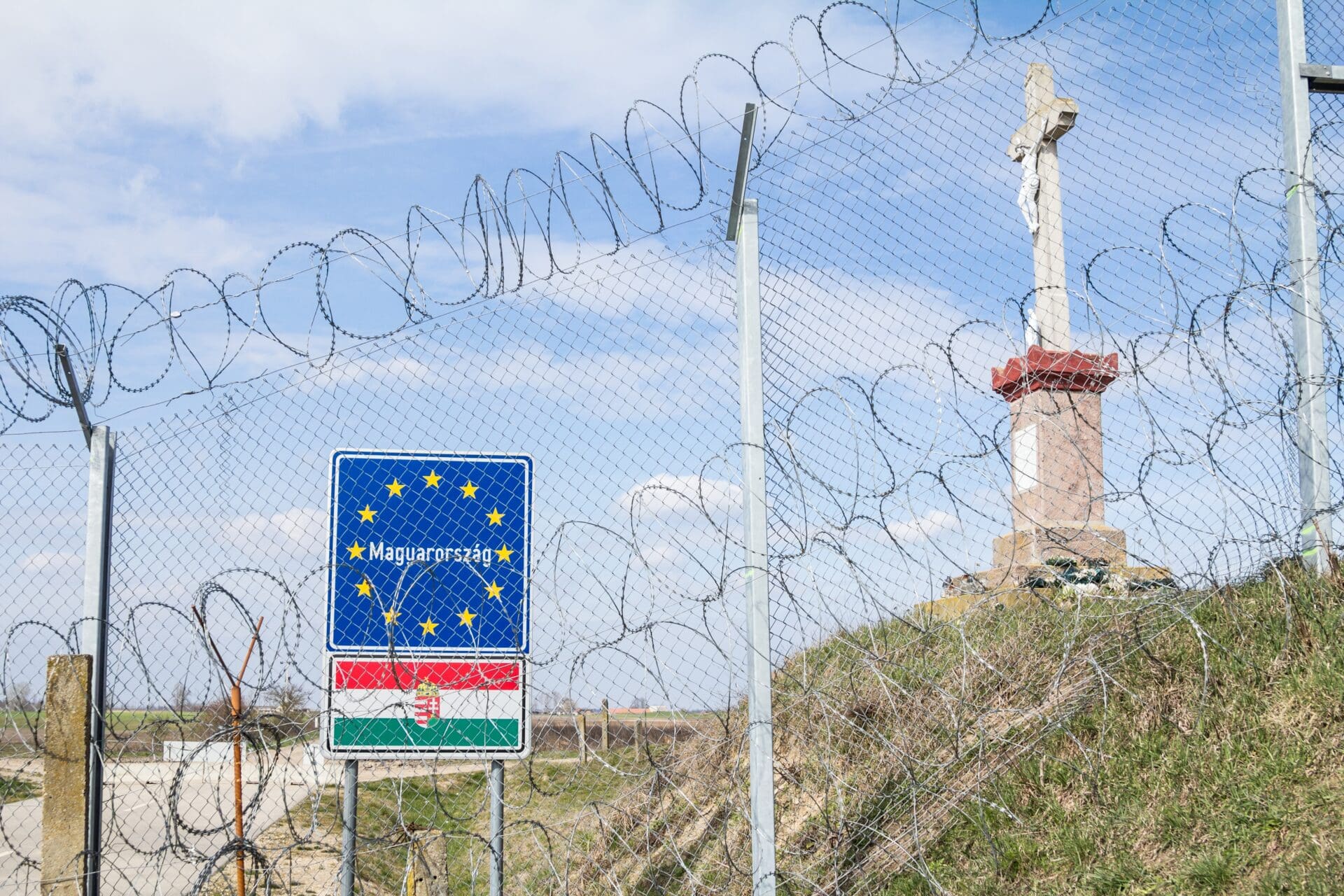New Entry Point
The Czech-German border has developed into the newest entry point for people smugglers and undocumented immigrants, and the number of individuals trying to cross the border unlawfully is continually rising. Two thousand persons attempted to enter Germany illegally just in the month of June this year, a 140 per cent increase compared to the same month last year. According to a recently released federal government report, the previous record was quickly broken, with close to 3,000 unlawful border crossings being reported in August.
According to the report, Syrian, Afghan, and Iraqi nationals make up the majority of the refugees. At Dresden’s main train station, hundreds of immigrants board trains from Prague each day. The A4 and A17 expressways, which link Poland and the Czech Republic to Germany, are additional immigration routes.
According to Heiko Teggatz, president of the federal police union, ‘people-smuggling gangs have found new routes to our nation via Slovakia and the Czech Republic.’ He described these developments as alarming and worrying. This is yet another indication of the major shortcomings in the safeguarding of the bloc’s exterior borders, he said. Teggatz contacted Interior Minister Nancy Faeser and asked her to immediately launch inspections in the Czech Republic border region.
However, the federal government does nothing to stop illegal immigration in spite of the report’s findings. It’s not the first time that the German government has miscalculated the severity of an issue.
The Past
Seven years have gone since Germany opened its doors to more than 1.2 million refugees in 2015, the bulk of whom were fleeing war-torn Afghanistan, Eritrea, Iraq, Iran, Nigeria, Pakistan, Somalia, and Syria. Then, Chancellor Angela Merkel provided an explanation for the government’s choice by stating that trained refugees could fill the majority of the open positions in Germany, which was experiencing a severe labor shortage.
Data from May, however, revealed that the German government had made a serious error in judgement. Only 460,000 of the migrants who arrived in 2015 are actively looking for work, while over 700,000 are still without jobs. 88 per cent of refugees lack any professional credentials at all, and they don’t appear to have any plans to change that. These immigrants frequently receive unemployment benefits, the amount of which is influenced by their country of origin among other factors. Currently, the situation has gotten so bad that an unemployed immigrant collecting benefits earns about as much money per month as the typical working German native, which infuriates many people and with good reason.
The Opposition
Germany keeps heading downhill instead of fully rectifying this self-destructive track, the opposition Alternative for Germany party declared.
By repealing the current law that says that unemployed people are entitled to less assistance if they decline an offered job or more training, the German administration led by Olaf Scholz would make the problem worse. The deputy leader of the AfD’s parliamentary group, Norbert Kleinwachte, claims that this is humiliating to regular working people. He stated before the legislature ‘The current restrictions make a joke of all those who get up early every day, commute to work, arrive home exhausted in the evening, and at the end of the month barely have more money in their bank account than those who receive social assistance.’ The politician continued by saying that some people legitimately wonder why they still report to work. Since Interior Minister Nancy Faeser hasn’t given up on Germany forming an international coalition whose members embrace and encourage the admission of refugees, it is obvious that the present German administration hasn’t learned from the errors of the previous cabinet. Just as Angela Merkel’s government tried to do seven years ago, the government hopes to use this strategy to address the severely increasing labor shortage.
The Hungarian Border
The Hungarian government is adamant on reducing the number of illegal immigrants arriving to the country. In 2015, they built a 175km long fence on the southern border in efforts to stop people from avoiding the legal gates to the country. The fence is watched constantly by the authorities that stop most of the illegal migrants from entering the country. Viktor Orbán said in 2018 in Berlin that Hungary provides tremendous help to Germany with the fence, since the migrants that are stopped at the Hungarian border would sooner or later arrive to Germany. With these measures, the government did not only help Hungary with the issue of illegal border crossings, but Germany as well.
Although the number of migrants seemed to have decreased over the last years, it has started to rise again recently. The Hungarian Police publishes weekly statistics on how many people they apprehend near the border. According to police data, the 35th week of the year produced the highest numbers yet, with almost 7000 migrants apprehended. This means that a new wave of migration has started to move towards Europe, with smugglers and migrants seeking to find new entry points into Western Europe, but also putting the Hungarian border under pressure again.








